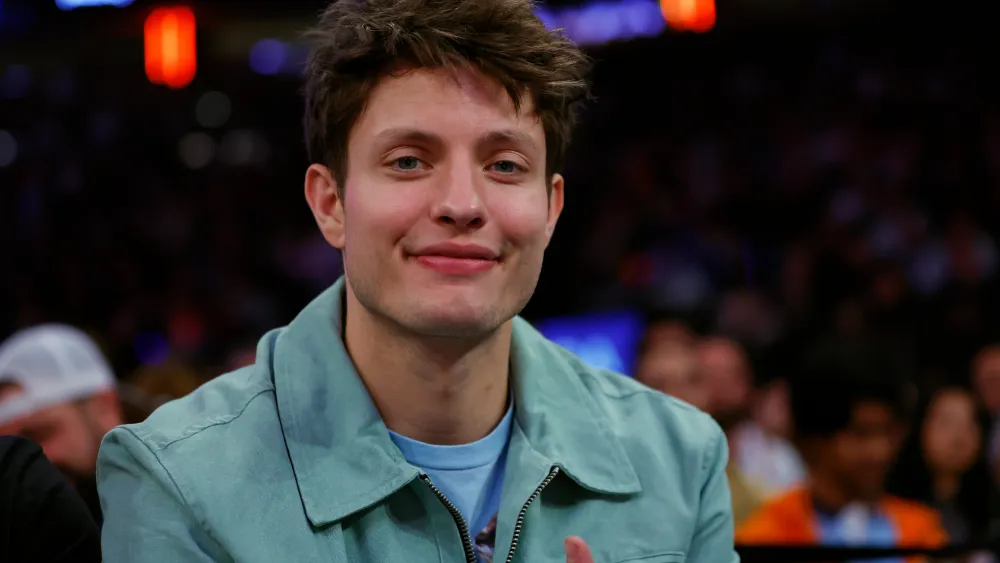TikTok sensation Matt Rife is facing criticism in the aftermath of his Netflix debut, “Natural Selection.” The show, aptly named, served as a litmus test for his fans’ tolerance, opening with a domestic violence joke that has stirred discomfort among viewers. Despite cultivating a dedicated, predominantly female following, Rife chose to not only jest about abuse against women but also perpetuate stereotypes about women’s roles.
Rife kicks off the hour by recounting a recent incident in a Baltimore restaurant involving a female server with a black eye. He suggests that the establishment should have assigned her to the kitchen instead of a customer-facing role, adding, “Yeah, but I feel like if she could cook, she wouldn’t have that black eye.”

The irony is palpable as Rife, who has leaned on his female audience throughout much of his comedy career, now finds himself alienating the very supporters who propelled him to TikTok stardom. Despite initial success with crowd work videos on TikTok, he appears to be grappling with the challenges of transitioning from an influencer to a comedian.
In a Variety interview promoting “Natural Selection,” Rife attempts to disassociate himself from pandering to women, asserting that the special is more geared towards men. However, the content of the interview raises questions about his self-awareness, given the controversial material in the special.
Rife engages in introspective dialogue about the boundaries of comedy, how dark is too dark, and what modern audiences can endure. His perspective is lenient, stating, “You can say whatever you want. Now, you have to prepare for repercussions. But at the end of the day, it all comes down to how you sleep at night.”
The repercussions for Rife have been swift and severe. Well-known figure Hank Green commented on the situation, expressing disappointment in a comedian jeopardizing his connection with a significant portion of his fan base to conform to a perceived trend of bland Netflix specials.

In contrast, comedians like James Acaster, as exemplified in “Cold Lasagne Hate Myself 1999,” defend the autonomy of edgy comedians, emphasizing their unfiltered approach, even if it leads to controversy.
Rife, however, exemplifies a different mindset. Faced with criticism for his jokes and blatant misogyny, he responded with an Instagram “apology” that further targeted the disabled community through a link to special needs helmets.
Gender has historically played a significant role in stand-up comedy, with comedians like Amy Schumer and Russell Brand using gender-related content to build their careers. Rife, however, falls short in understanding the inherent power imbalances that make his jokes problematic, with concerns centering on his disregard for the potential harm inflicted on those who support him.
Despite some fans defending him, there’s an overarching worry about Rife’s recklessness in perpetuating violence against his audience, whether through direct support by purchasing tickets or indirect support by consuming his content. The underlying misogyny hidden in Rife’s comedy for years may have been overlooked, in part, due to his attractiveness, raising questions about the possible preferential treatment he received.
In the aftermath of the backlash, the most significant revelation might be that Matt Rife’s comedic prowess is not as formidable as he aspired. In attempting to align himself with comedy greats like Dave Chappelle and Ricky Gervais, Rife appears more invested in his standing among male peers than in the longevity of his own career. The realization sets in that passable crowdwork does not equate to greatness in comedy.

